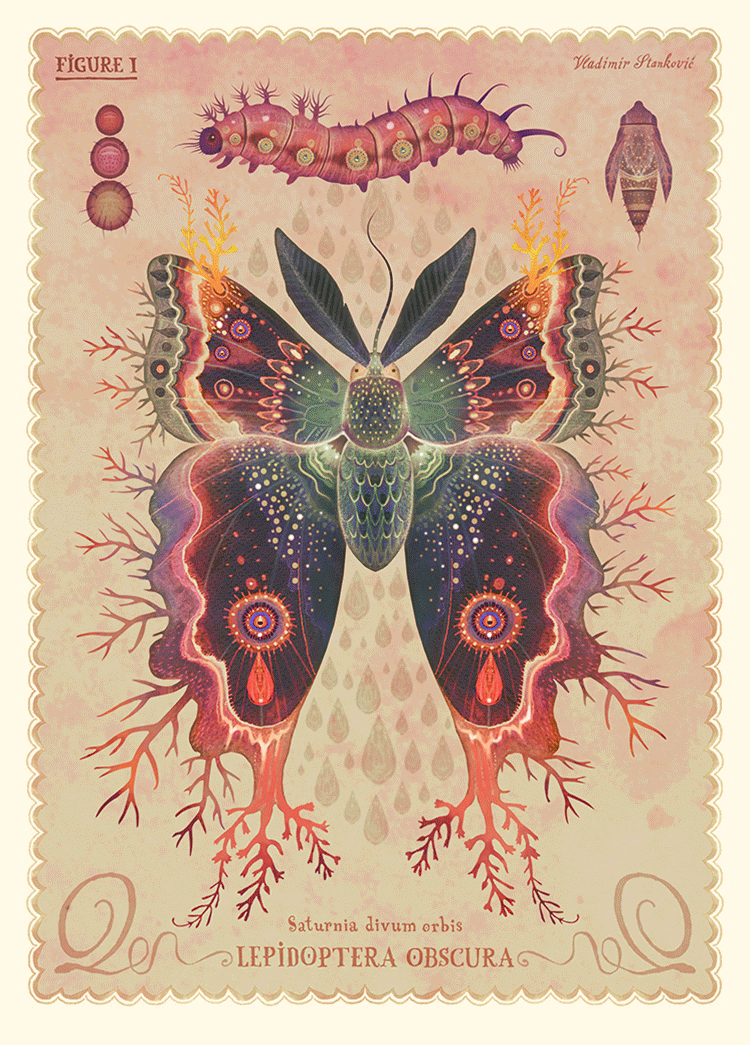As I sat in front of the mirror this morning plucking my stubborn chin hairs (thick, spiny, beastly ones that have begun sprouting every few days since turning 40 - I soon will be totally unable to keep up with this werewolf metamorphosis) something dawned upon me.
My ability to mask my autistic self, which has gone completely by the wayside lately, was…
Keep reading with a 7-day free trial
Subscribe to Fae Wolfe to keep reading this post and get 7 days of free access to the full post archives.





